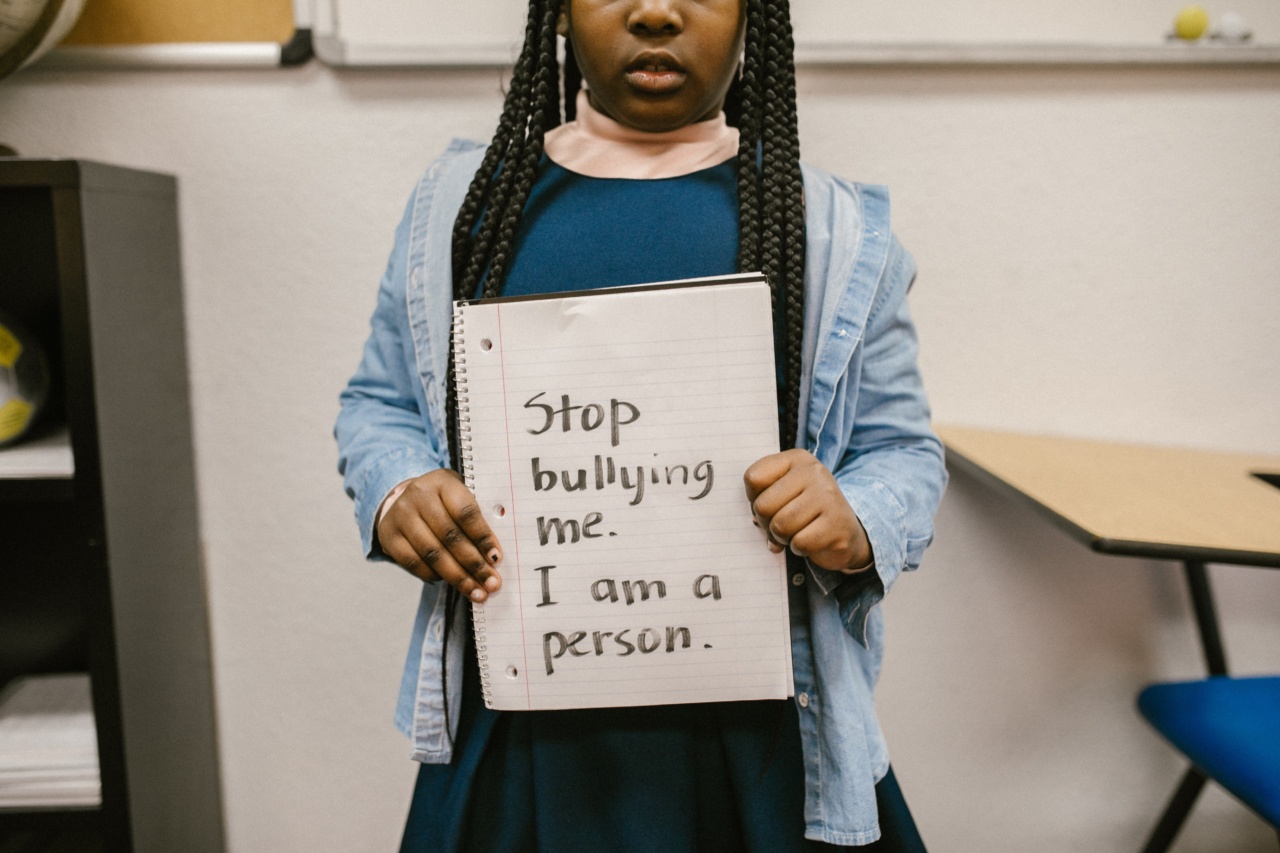Divorce is a complex and challenging experience for any family, but its impact on children is often a topic of concern. One common question that arises is whether children of divorce struggle more in school compared to their peers from intact families.
This article aims to explore the potential effects of divorce on children’s academic performance and offer insights into the various factors that can influence their educational outcomes.
The Emotional Toll of Divorce
Divorce is a highly emotional process for all family members involved, particularly children.
The dissolution of a marriage often leads to significant changes in a child’s environment, including potential changes in residence, schools, and social networks. These disruptions can have a profound impact on a child’s emotional well-being, which may subsequently affect their ability to concentrate and perform academically.
Parental Conflict and Academic Performance
While divorce itself may not directly cause negative academic outcomes, the level of parental conflict that often accompanies it can be detrimental to children’s school performance.
Research consistently shows that high levels of ongoing conflict between parents can lead to increased stress and anxiety in children, which in turn can impair their ability to focus in the classroom and comprehend new information. Additionally, witnessing parental conflict can create a hostile home environment that may impede a child’s cognitive development and hinder their academic progress.
Changes in Parental Involvement
Divorce often results in changes in parenting arrangements and custody agreements.
This can lead to decreased parental involvement in a child’s education, as logistical challenges and shifting responsibilities can make it difficult for both parents to remain actively engaged in school-related activities. Studies have shown that parental involvement, including attending parent-teacher conferences, helping with homework, and fostering a supportive learning environment at home, is associated with improved academic outcomes.
Consequently, a decrease in parental involvement due to divorce can potentially contribute to difficulties in school for children of divorce.
Financial Constraints: Impact on Education
Income disparities and financial constraints are commonly associated with divorce.
Following a divorce, households may experience a significant decrease in income, potentially limiting access to resources and opportunities that are crucial for educational success. For example, children from divorced families may have reduced access to educational materials, tutors, or extracurricular activities due to financial limitations.
These disparities can contribute to educational inequalities and pose challenges for children of divorce as they strive to achieve academic success.
Multiple Transitions and Stability
Children of divorce often experience multiple transitions as their parents establish new households and adapt to their post-divorce circumstances.
These transitions, which may involve changing schools or adjusting to new routines, can disrupt a child’s sense of stability and cause uncertainty. Constant changes in their environment can impact their learning abilities, ability to form new relationships, and overall academic performance.
It is important to note that the impact of transitions on academic outcomes may vary depending on individual factors such as the child’s age, temperament, and support systems.
Cooperative Co-Parenting and Support
Research suggests that children whose parents engage in cooperative co-parenting and provide ongoing emotional support can experience better academic outcomes despite the challenges of divorce.
When parents maintain a positive relationship and work together to prioritize their child’s well-being, children may feel more secure, supported, and better able to focus on their schoolwork. Open communication between parents and collaborative decision-making regarding educational matters can significantly mitigate the negative impact of divorce on a child’s academic performance.
Individual Resilience and Coping Strategies
While divorce can present numerous challenges, it is essential to recognize that children have varying resilience levels and coping strategies.
Factors such as a child’s individual temperament, personality, and support networks play a crucial role in determining how they navigate the difficulties associated with divorce. Some children of divorce develop effective coping skills and find alternative sources of support, such as extended family or close friends.
These adaptive strategies can help them maintain their focus on school despite the emotional turmoil surrounding their parents’ divorce.
Quality of Education and External Factors
It is important to acknowledge that a child’s educational experience is influenced by multiple factors, not solely divorce.
The quality of the education system, school environment, and teaching methods are also significant contributors to a child’s academic performance. External factors such as bullying, peer relationships, and socioeconomic factors can also influence a child’s ability to thrive academically.
Therefore, while divorce may present additional challenges, it is crucial to consider the broader context in which a child of divorce navigates their educational journey.
Supporting Children through Divorce
Recognizing the potential impact of divorce on a child’s school performance, it is essential to provide adequate support and resources to help them thrive academically.
Schools can play a crucial role by implementing programs and strategies to support children of divorce, such as counseling services, support groups, or individualized academic plans. Additionally, educators can create a nurturing environment that promotes emotional well-being and encourages open communication.
Parental involvement, despite the challenges posed by divorce, remains vital in fostering a child’s educational success.
The Importance of Communication and Collaboration
Effective communication and collaboration between parents, educators, and support staff are fundamental when addressing the educational needs of children of divorce.
Regular communication channels, such as parent-teacher conferences and progress reports, provide opportunities for parents and educators to discuss a child’s academic progress, identify potential challenges, and devise appropriate strategies to support their educational journey. By working together, parents and educators can create a cohesive support system that helps children of divorce overcome obstacles and thrive in the academic realm.
Conclusion
While divorce can present unique challenges for children, it is important to approach the topic with a nuanced understanding.
While some children may experience difficulties in school, it is crucial to recognize the individuality of their experiences and the multitude of factors that can influence their academic performance.
By prioritizing open communication, supporting parental involvement, fostering resilience, and implementing targeted support systems, we can help children of divorce navigate the challenges they face and achieve success in their educational endeavors.






























